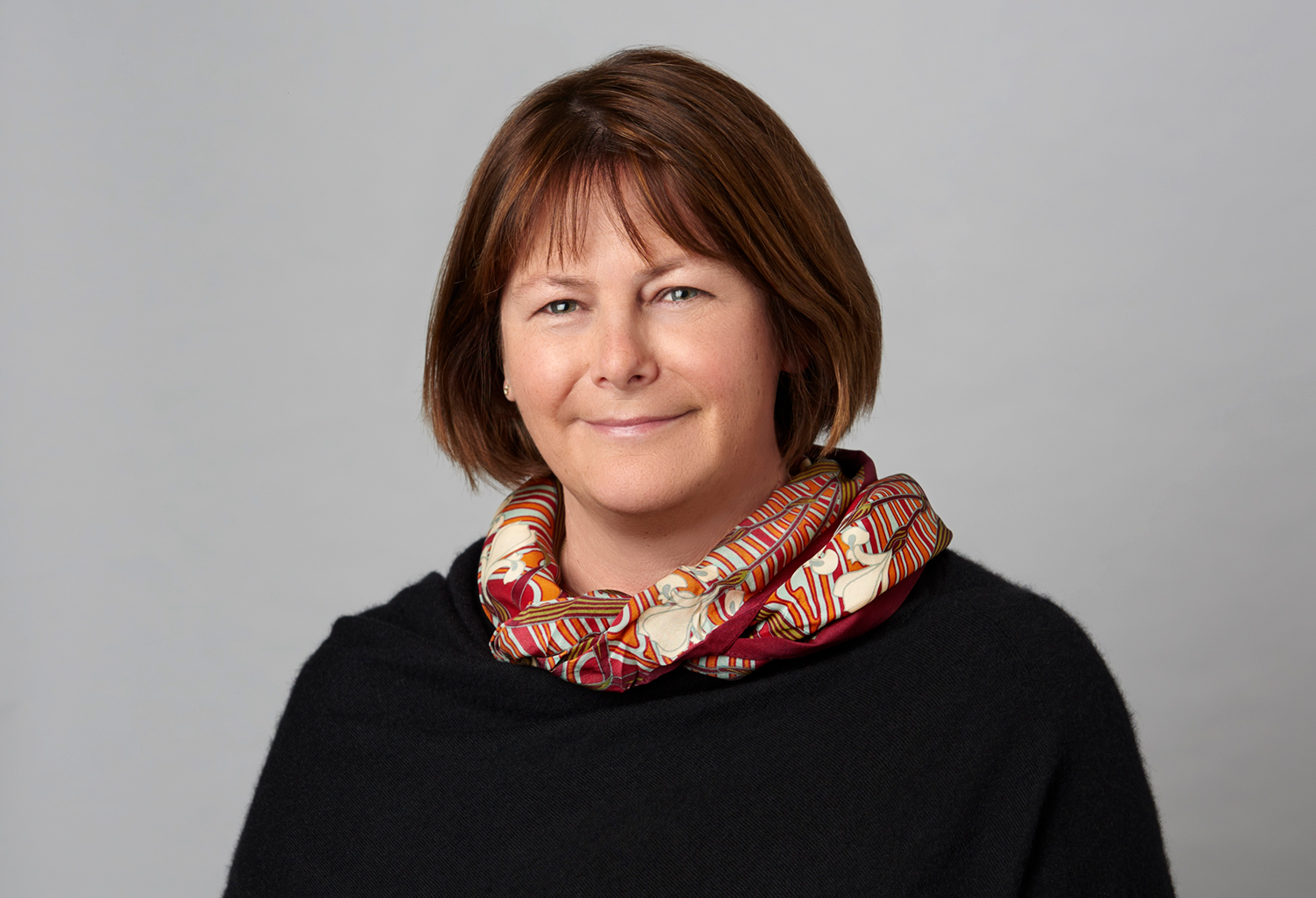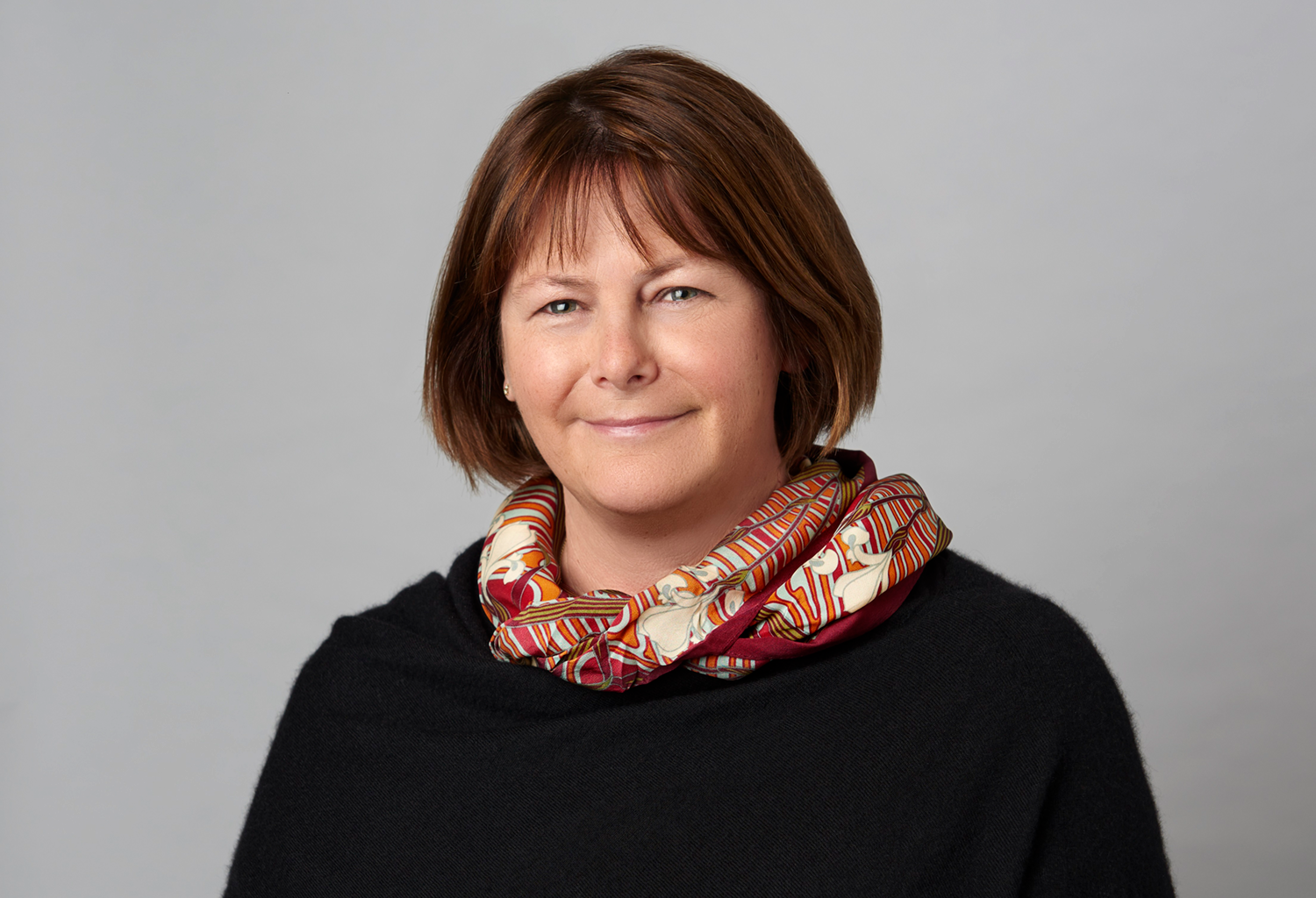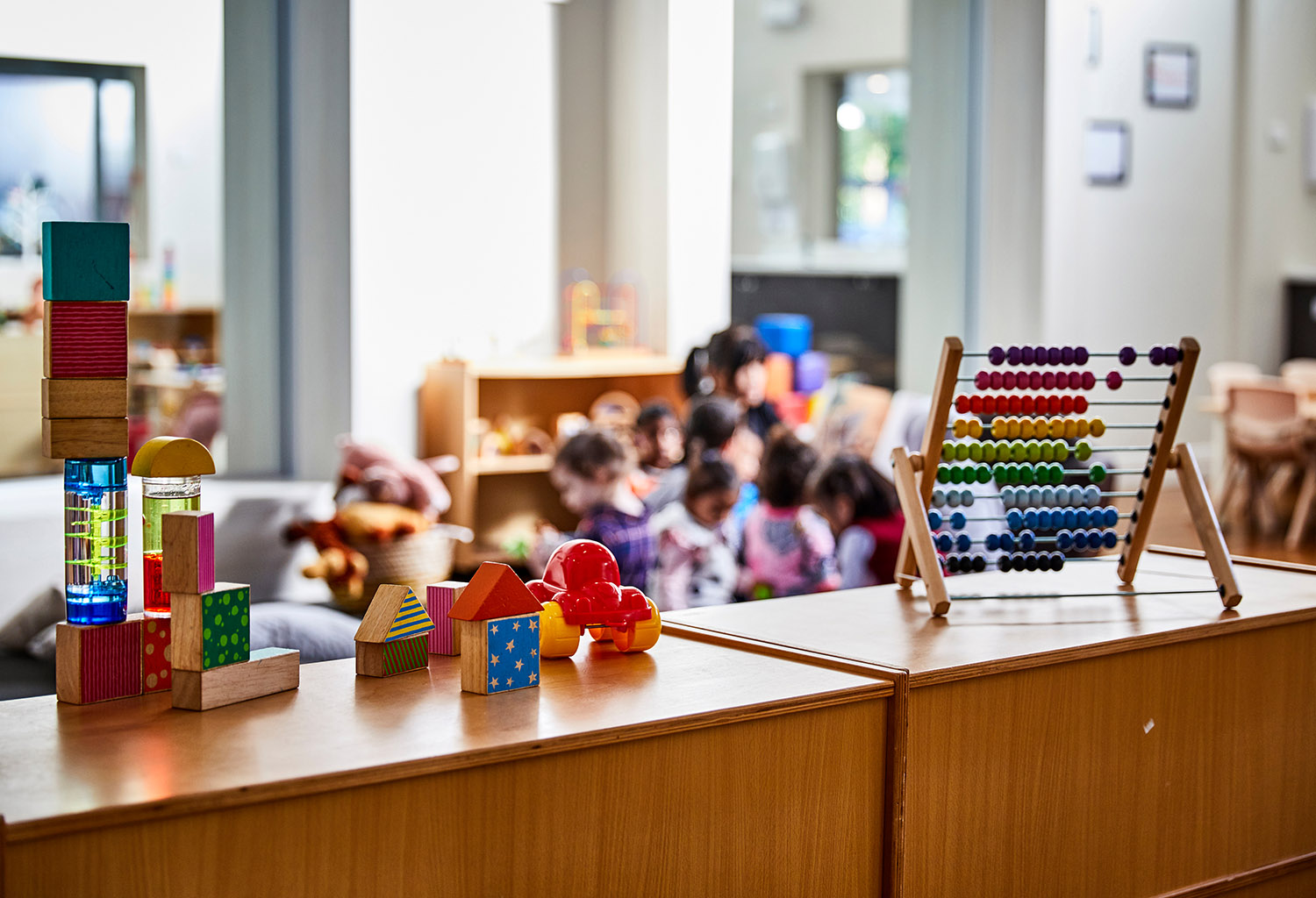Lifelong learning - for teachers as well as their students

4 min read
The latest OECD report on teaching and learning has underlined the importance of continuing education and professional learning for school teachers and principals.
This is an area that is essential to the work of Independent Schools Victoria (ISV), where we recognise that teacher training and education doesn’t end when teachers gain their qualifications and start work in a school. It’s something we’re committed to, and not just because teachers are required to engage in professional learning to retain their official registration.
We know that teachers and principals need to refresh their knowledge, to learn new skills, to be exposed to new ideas, and to be mentored and supported throughout their careers in which they will face constant and changing challenges. Like the students they educate, teachers are involved in lifelong learning.
The OECD report, titled Teachers and School Leaders as Lifelong Learners, is based on the organisation’s Teaching and Learning International Survey. The survey covers about 260,000 teachers in 15,000 government and non-government schools across 48 countries and economies.
In each country, a representative sample of teachers and principals from 200 schools is randomly selected for the study. In Australia, 3573 lower secondary teachers and 230 principals completed the latest survey questionnaires. The survey report does not provide a breakdown of responses from educators in government and non-government schools.
The findings are mixed, exposing strengths and gaps in the professional learning available to Australian teachers.
Most Australian teachers (82 per cent) said they were instructed in subject content, pedagogy and classroom practice in their initial teacher education – just above the OECD share of 79 per cent. Most (72 per cent) participated in some form on induction when they joined their current school, compared to 42 per cent of teachers across the OECD, and they are more likely to have a mentor compared to their OECD counterparts.
The survey finds that most Australian teachers and principals attended at least one professional learning activity in the past year. They appear satisfied with the training they receive, with 92 per cent saying it had a positive impact on their teaching practice, a share that is higher than the OECD average.
It also finds that Australian educators are open to change, are able to adopt innovative practices, and are more likely to support one another in implementing new ideas.
All of this is reassuring news. For ISV it confirms the importance of the work we do through our Development Centre, in offering courses that provide continuing education for everyone working in schools, as well as the specialist mentoring our experts provide.
But the OECD survey points to gaps in the professional learning available to educators.
Across the OECD, teachers are calling for more training in advanced ICT skills, in teaching students with individual needs, and teaching in multicultural and multilingual settings.
Our Development Centre is constantly looking at ways to meet and anticipate the needs of educators. The wide range of options we offer include courses to assist teachers with students who have specific learning and behavioural needs, with digital learning and the use of data, and with courses for teachers aspiring to leadership roles. We will soon be offering this training and support through a new online learning platform, isLearn.
The OECD report also points to the need for improved training for school leaders. It finds that in Australia, only 30 per cent of school leaders completed a program or course in school administration or training for principals before taking up their position (below the OECD average of 54 per cent). And only 43 per cent completed an instructional leadership training program or course (OECD average 54 per cent), before taking up their position.
This is an area where we have undertaken pioneering work, drawing on international expertise to offer programs for school leaders at all stages of their careers. We run a new principals program providing information, support and mentoring while creating networks that provide reassurance for people taking up the challenge of school leadership.
Since 2013, our Leading Learning That Matters program has allowed experienced principals to work with the Project Zero team at the Harvard Graduate School of Education to identify leadership practices needed for the 21st century. More recently, we introduced Principals Connect, another program with Project Zero, that helps principals in the early years of their leadership to develop skills that create positive cultures, manage change and identify quality classroom practice.
Through our collaboration with Project Zero, we have helped secure the return of their international conference to Melbourne in May next year. All sectors of Victorian school education – Government, Catholic and Independent – are offering scholarships for educators to attend the conference, which will highlight research and practices aimed to enrich thinking and learning.
We’re also partnering with the Deloitte Courageous Principals program that aims to equip principals and school leaders with the skills to become more effective leaders.
These and other programs are a practical expression of our belief that professional learning is vital in the career path of teachers and principals, creating benefits that flow to the students whose wellbeing inspired them to become educators in the first place.
Michelle Green was Chief Executive of Independent Schools Victoria from 2002–2023.


